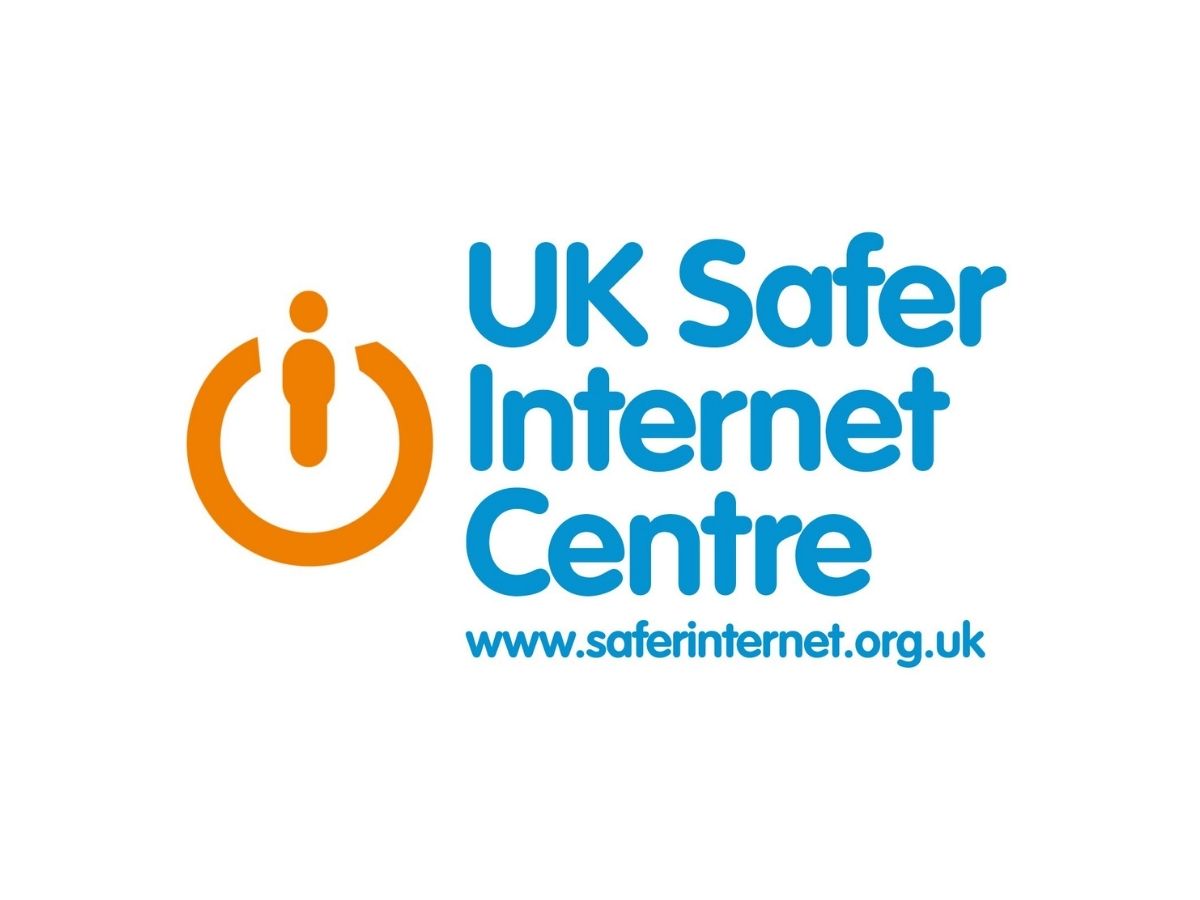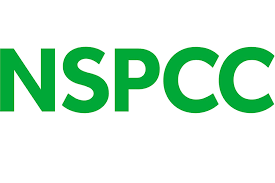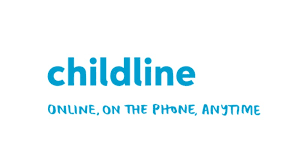Online Safety
Children and young people use the internet regularly and may be involved in more online activity than their parents and carers. Some children and young people may have greater technical knowledge than their parents and carers, but they may be unable to identify the risks of giving too much personal information online, and may be unable to spot scams as readily as adults. So, take time to get involved with your child’s or young person’s internet use and teach them about online safety, which includes the following.
More details on the information commission website: https://ico.org.uk/for-the-public/
Staying Safe Online
- Don’t post any personal information online – like your address, email address or mobile number.
- Think carefully before posting pictures or videos of yourself. Once you’ve put a picture of yourself online, most people can see it and may be able to download it. It’s not just yours any more.
- Keep your privacy settings as high as possible
- Never give out your passwords
- Don’t befriend people you don’t know
- Don’t meet up with people you’ve met online. Speak to your parent or carer about people suggesting you do
- Remember that not everyone online is who they say they are.
- Think carefully about what you say before you post something online.
- Respect other people’s views, even if you don’t agree with someone else’s views doesn’t mean you need to be rude.
- If you see something online that makes you feel uncomfortable, unsafe or worried: leave the website, turn off your computer if you want to and tell a trusted adult immediately.
Access help and support for Online Safety
If you are a student, you can speak to any of our safeguarding team in school.
Below is a list of sites for both students and parents where you can access help, advice and resources about how to keep safe online and how to report any issues which you are concerned about.
CEOP - Are you worried about online sexual abuse or the way someone has been communicating with you online? Find the help you need at: https://www.ceop.police.uk/Safety-Centre/
UK Safer Internet Centre - Helping children and young people stay safe online. Visit https://saferinternet.org.uk/ for help and advice.
NSPCC - From understanding apps to setting parental controls, the NSPCC has a wide range of information and resources to help you understand online safety and talk about it with children and young people. https://www.nspcc.org.uk/keeping-children-safe/online-safety/
Childnet - Helping make the internet a great and safe place for children and young people. For helpful information and guidance on a range of key online safety topics: https://www.childnet.com/
Childline - Taking control of your online safety. We all like being one step ahead. And the same applies when we’re spending time online. So we’ve got tips to help you feel more in control when you’re scrolling. Childline can help with advice on:
Internet Matters - As your child becomes a teenager, it’s likely the internet will be a part of their daily life. They’ll adapt quickly to new technology and use it to communicate, socialise and create. Most teenagers have access to the internet using a smartphone or tablet, and use a wide range of social media sites as a vital part of their relationships with others. For more please visit: https://www.internetmatters.org/advice/14plus/






